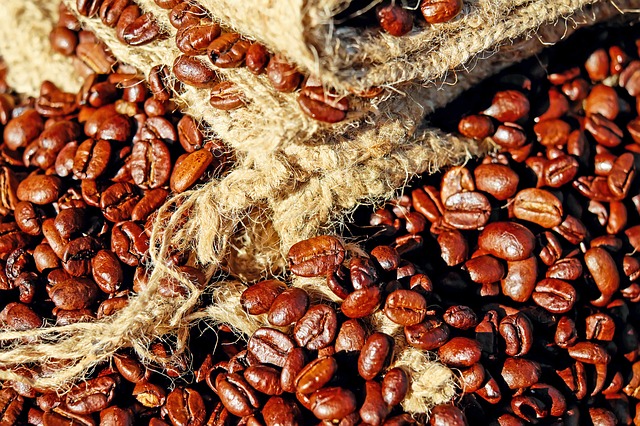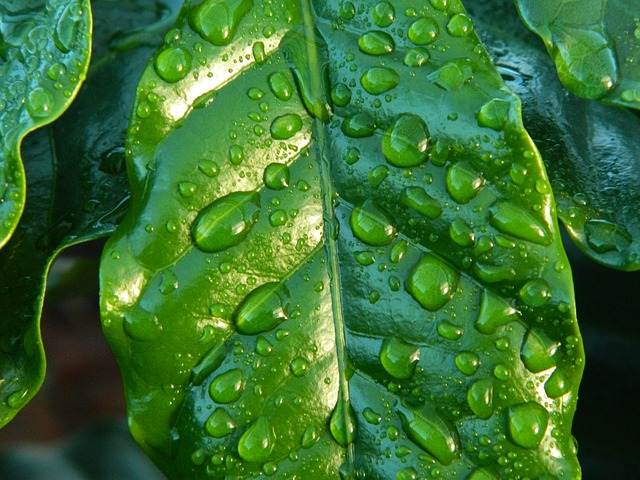
Organic Coffee
There has been a lot of buzz concerning organic and fair trade products. While a lot of celebrities and influencers advocated buying commodities like fair trade coffee, people still didn’t know if it was a commercial hype or something truly beneficial. Read on and find out what ‘free trade’ actually means, and why you should consider switching to this type of coffee.
The true meaning of fair trade
Fair trade goods and commodities are those that are bought and sold in such a way that local producers and communities involved in their growth and production benefit from it and are paid a fair wage. It’s worth mentioning that almost 85% of Fair Trade Certified ™ coffee is also organic, and usually more expensive. However, there is a number of reasons why you should support the international community of fair trade coffee producers, even if you pay a slightly higher price per your favorite blend.
Environmental sustainability
When you buy fair trade organic coffee, you are supporting environmental sustainability of the region it originates from, which is secured through organic growth practices that minimize or completely avoid the use of chemical additives, fertilizers, and pesticides. In addition, many fair trade farmers use sustainable coffee production methods that preserve the natural environment for the next generations.
Fair price supports local communities and workers
By buying fair trade coffee you also support fair price for products. The international Fair Trade Labelling Organization sets a base price for certified fair trade coffee. This way, you as a consumer are not ripped off, but neither are the workers who produce the raw beans. By shifting to organic coffee you help the workers, organizations, and communities involved in the growing process to receive a sustainable living wage. This practice is contrary to globalization practices that leave workers without the minimum salary required for basic food, shelter, medical care, and education.

Local community building
Every time you buy from a fair trade producer, you invest a small amount of money in the local community. While many coffee producers move into villages and towns with no concern for local customs and culture, many fair trade coffee companies choose to reinvest some of their revenues back into the local business and community. On top of that, fair trade producers keep offering back a social premium to specific community development initiatives in housing, healthcare, education, leadership, training, and gender equality programs.
Not only does it taste better…
But is much healthier for you! The demand for global, mass-produced coffee increases and the methods for its production lead to lower-quality produce. On the contrary, truly sustainable organic coffee is grown at a slower rate under rainforest canopies. The secret behind nutrients and taste is in eliminating chemical fertilizers and pesticides. Besides, the soil in which organic coffee thrives, retains its complex nutrient base even after years of exploitation, while the plants feed nutrients back into the beans, contributing to robust, smooth flavour. Armed with this knowledge, certain wholesale coffee suppliers offer some truly exceptional organic blends for the nature-lovers.
Preserving biodiversity
According to the Smithsonian Migratory Bird Center’s fact sheet, ‘In regions most heavily used by migratory birds — Mesoamerica, the Caribbean islands, and Colombia – coffee plantation forests cover 2.7 million hectares, or almost half of the permanent cropland.’ Many birds from Europe and North America move to their respective ‘coffee country’ in the winter. Unlike mass produced coffee, organic shade-grown coffee plantations offer some of the last remaining bird habitats. The majority of birds feed in the shaded over-story, not in the coffee. On the contrary, large scale sun-grown plantations offer no shelter for wildlife.
Fair trade coffee is grown by policies that respect local natural environment involved in the production, with fairness and sustainability in mind. By going fair trade, you support the local farming communities while drinking healthier and better tasting coffee every morning.
 WhosGreenOnline.com Your Online Magazine and Directory for Green Business, Product, Service and News!
WhosGreenOnline.com Your Online Magazine and Directory for Green Business, Product, Service and News!

